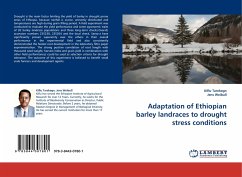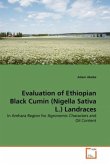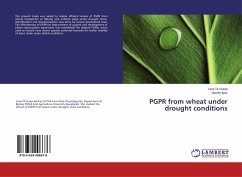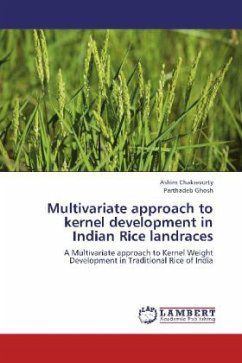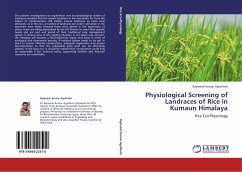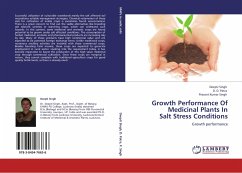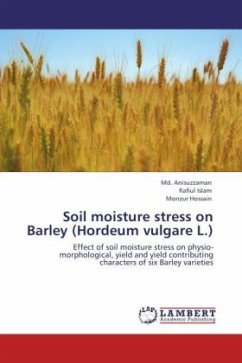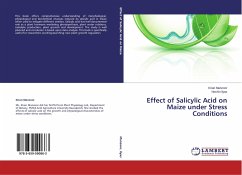Drought is the main factor limiting the yield of barley in drought prone areas of Ethiopia, because rainfall is scarce, unevenly distributed and temperatures are high during grain filling period. A field experiment was conducted to evaluate the yield performance and some agronomic traits of 20 barley landrace populations and three long-term checks.Overall, accession numbers 235238, 235264 and the local check, Saesa-a have significantly proven superiority over the others in their overall performance in the experimental field and also consistently demonstrated the fastest root development in the laboratory filter paper experimentation. The strong positive correlation of root length with thousand seed weight, harvest index and grain yield in combination with other field performances could be used as selection criteria for drought tolerance. The outcome of this experiment is believed to benefit small scale farmers and development agents.
Bitte wählen Sie Ihr Anliegen aus.
Rechnungen
Retourenschein anfordern
Bestellstatus
Storno

